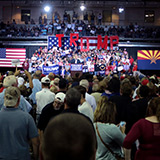
Liberals Against Democracy
The resurgence of ugly, authoritarian nationalism has renewed a strain of anti-democratic commentary among allegedly enlightened intellectuals. But this retreat to elitism will only empower the demagogues.


The resurgence of ugly, authoritarian nationalism has renewed a strain of anti-democratic commentary among allegedly enlightened intellectuals. But this retreat to elitism will only empower the demagogues.

A leader in a movement that was already ambivalent about leadership, Tom Hayden was incandescent—all intensity, all intelligence, full of a righteous indignation that I shared.

Economist Robert Pollin joins us to introduce a new series on the promise—and practicalities—of a Green New Deal. We also get an update from Standing Rock, where the fight against the Dakota Access Pipeline continues.
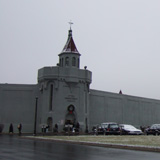
Heather Ann Thompson, author of Blood in the Water: The Attica Prison Uprising of 1971 and Its Legacy, discusses the uprising and the current wave of prison strikes.
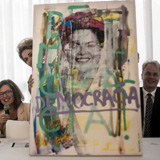
Dilma and Lula have been refashioned as leftists in defeat. But for the Workers’ Party, it might be too late.

Buckley’s seldom-acknowledged fluency in Spanish shaped his worldview—including his admiration for dictators from Spain to Chile and beyond.

Too many of us on the left treat the right as a monolith—and it’s keeping us from effectively fighting back.
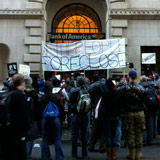
Nancy Daniel’s mortgage was repackaged and sold so many times that it was unclear who actually owned the house, until she started getting letters threatening foreclosure. Occupy Our Homes Atlanta helped her fight back.
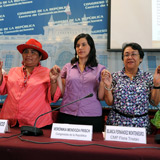
In a country where left politics has been marred by decades of sectarian strife and a devastating civil war, can a new coalition of socialists, feminists, and greens point a more democratic way forward—and win?

Irin Carmon and Shana Knizhnik’s Notorious RBG is an insightful and charming account of a woman who, by challenging unjust and sexist laws and defending constitutional definitions of equality over a period of two decades, defined and articulated many of the freedoms that Americans—both men and women—enjoy today.
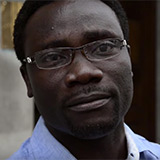
Leading Nigerian climate activist Ken Henshaw discusses fossil fuel resistance and the uphill battle for energy democracy in Africa’s largest oil-producing region.

The left neglects the institutional structures of democracy at its own peril. In his latest book, political theorist Jeremy Waldron offers a welcome corrective.
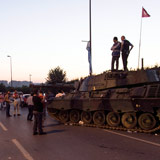
Amid mass purges, arbitrary detention, and a top-down restructuring of state and society, the Turkish government’s response to July’s failed military takeover is starting to look a lot like earlier coups.
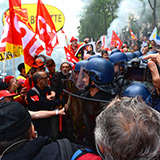
This summer, France’s Socialist government quashed the country’s largest wave of strikes of protests in a generation to impose a drastic overhaul of French labor law, revealing deeper fault lines in the process.

How one bad metaphor leads our economic thinking astray.